How to start a fashion label; planning for your new business
If you're new to the blog you might have missed the first two parts in the 'How to Start a Fashion Brand' series. If you'd like, you can start with part 1, defining your customer, by clicking here.
So, first and foremost, what kind of planning are we talking about? You might be really relieved to hear that it's unlikely you'll need to create a formal business plan. These are only really necessary if you want to get some investment, or take out a loan. Essentially, the business plan is just for you at the start. Because of this, many people skip this part and just dive right in.
Please DON'T do that!
Why? Because that old saying really is true, a failure to plan is a plan to fail! There's so many reasons to make a plan before you start your new business, including;
So many new entrepreneurs come to me because they get stuck and can't figure out what to do next. By having a plan from the start, you'll always know the next step and will waste less time procrastinating and figuring things out.
Decision making becomes a lot easier; when you have a plan for your fashion line, you can make decisions based on what will get you closer to your specific end goal.
There's lot of different selling strategies when it comes to fashion. By deciding which methods you'll use from the start, you can design your range accordingly and make sure the collection fits in with the retail prices you want to offer to your customers.
In the first post of the series, we talked about the importance of the target customer. Each step of the business process, from the collection you design, to how it's made and marketed, should always have the customer at the forefront. By choosing a business strategy in advance, you can make sure that it's the right one for your customer and their expectations for the brand.
What happens if you don't make a plan? In one word. Stress!
Full disclosure, for my first business; I didn't make a plan. I was young, naive and thought I could 'wing it' (sound familiar?!). To my surprise, I actually made sales and even more surprising, I couldn't keep up with it. I didn't have a plan or systems and ended up working half the night, 7 days a week in order to keep up with demand. I was stressed to the max and couldn't see a way out. Not only that, but because I was wasting so much time because of bad planning and processes, I couldn't even develop my business with new products, so things kind of fizzled out. Long story short, I took time out to plan and reorganise and what do you know, my designs made it into the Vogue diaries AND I didn't have to work through the night. Win!
The moral of the story? MAKE A PLAN!
------------ ⭐️ Want support with your fashion brand? ⭐️ ------------
-------------------------------------------------------------------------------
What do you need to know about yourself, before you can make a business plan?
Before you can make a start on planning, you need to ask yourself a few important questions. I encourage you to really think about this and actually write your answers somewhere to help you focus.
How much time can I spend on my business per week?
How much money can I afford to spend on my brand this year?
How much of a risk am I willing to take?
What do I want to achieve with my brand?
How do I want this business to affect my life (eg, do you want to have some additional income from something you like, do you want to solve a problem you've seen, do you want to make your business your full time job?)
Also, you can think about your target customer and the information you have on them;
Does the customer want unique pieces, or do they normally shop at mainstream brands?
How does the customer shop? For example, via social media, a website, or do they prefer to browse in store, or at an event?
Does the customer value the experience, are they willing to wait for their garment? Or do they want it right now?
In general, there's a lot of other considerations for your business, but these particular questions can help you to decide on which business model is best for your particular situation.
Making a plan is also about taking time to think about the type of business model that's right for you, your business aims and your target customers. After you've answered the questions above, take some time to think of the business strategies available and which would work with your answers.
So, what kind of business models are there?
Custom orders; where you make garments after a customer has purchased them. Often brands who use this method will offer some sort of customisation, for example they offer a range of colours or lengths.
Pro; Don't have to hold lots of stock
Con; Requires a lot more management
One of a kind, or OOAK; This could be things like vintage clothing, or upcycled/repurposed items.
Pro; Don't have to spend money on sampling
Con; Each item can only be sold once, so there's more work to do. Both creating/acquiring new stock to sell and also things like photography, if selling online.
Preselling; making samples to test your ideas and sell to customers, before you commit to a larger scale order
Pro; You can test your ideas before spending lots of money, or committing to a large order
Con; Customers will have to wait for their item to be delivered
One product; don’t feel like you have to launch a whole range to have a successful fashion business. If you’re on a budget, it’s possible to begin with just one, well thought out style.
Pro; Easier to manage as you don't have lots of styles in development at once
Con; It's harder to sell multiple items at once
Selling direct to consumer; this is where you sell directly to the end user, without a middle man. This includes things like selling on your website, via social media, or a pop-up shop
Pro; Higher profit margins and you're in control of your marketing and brand
Con; You have to have lots of customers in order to make a lot of sales
Selling wholesale; this is where you sell to a third party, who will then sell on to their customers. For example, you might be stocked in a local boutique, department store, or on a website like Net-a-Porter.
Pro; You can often get big orders from just one customer
Con; You make less profit and have less control over the marketing of your brand
Chances are, to get the perfect business model for you, you'll want to mix and match some of these concepts. They all have pros and cons, so it's all about selecting the one that's ideal for your situation. The pros and cons I've listed here are by no means an exhaustive list, but hopefully it'll get you thinking about what options are out there and how they work.
I hope this has helped you to understand why it's really important to have a plan before going into business and also helped you to understand some of the things you need to know about yourself and your brand, before you can make a start.
As I said, all of the business model options have lots of pros and cons, which I go into in extensive detail in my signature 'Fashion Startup Online Course'. You can learn more about the course, what's included and how it can help you, below;
------------ ⭐️ Want support with your fashion brand? ⭐️ ------------
➡️ Start here (launched brands) >>>
-------------------------------------------------------------------------------
I hate spam too - if you sign up to the email list, your details won't be sold or leased to anyone else. I will email you from time to time with helpful content and occasional offers, which you can unsubscribe from at any time.

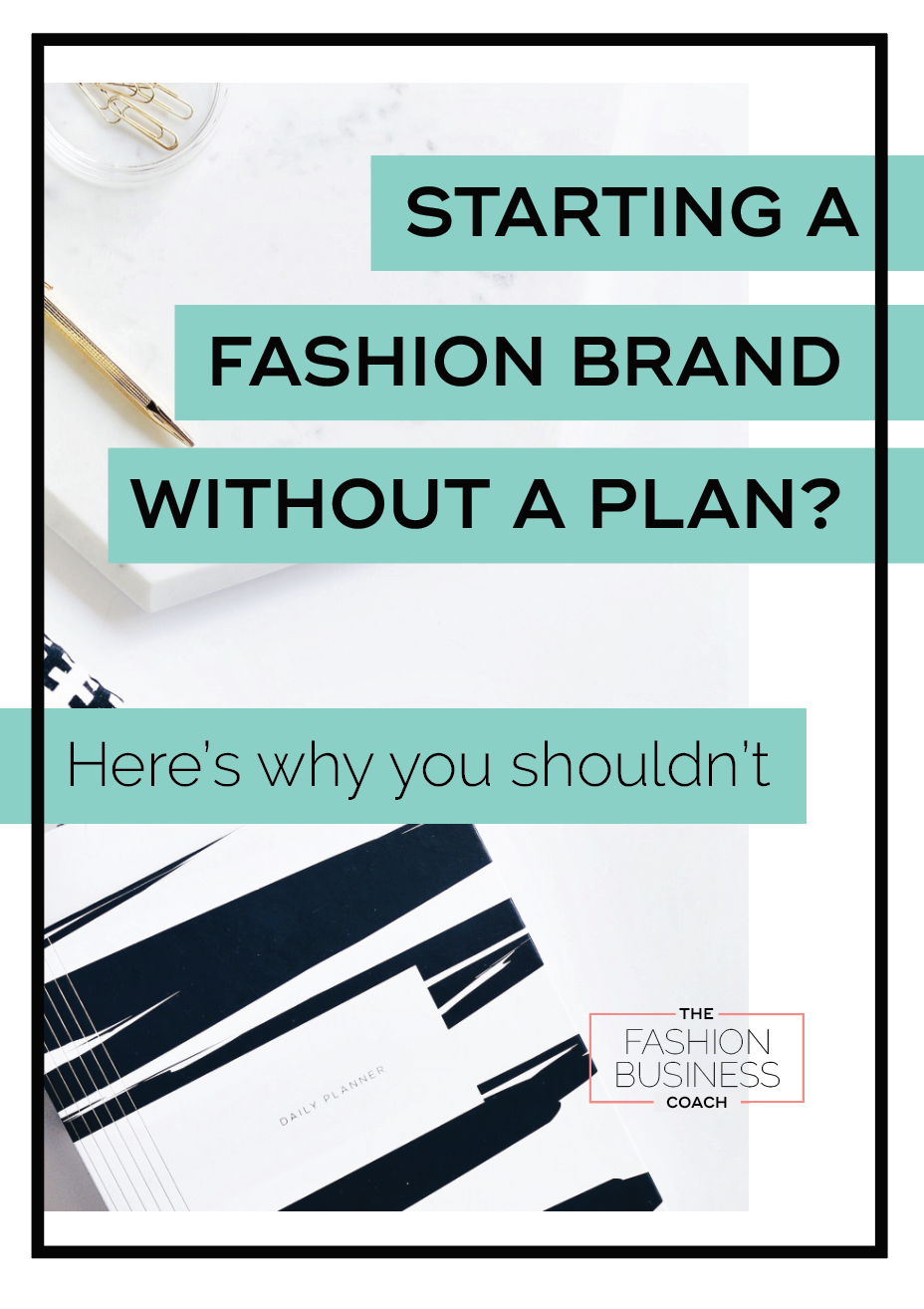
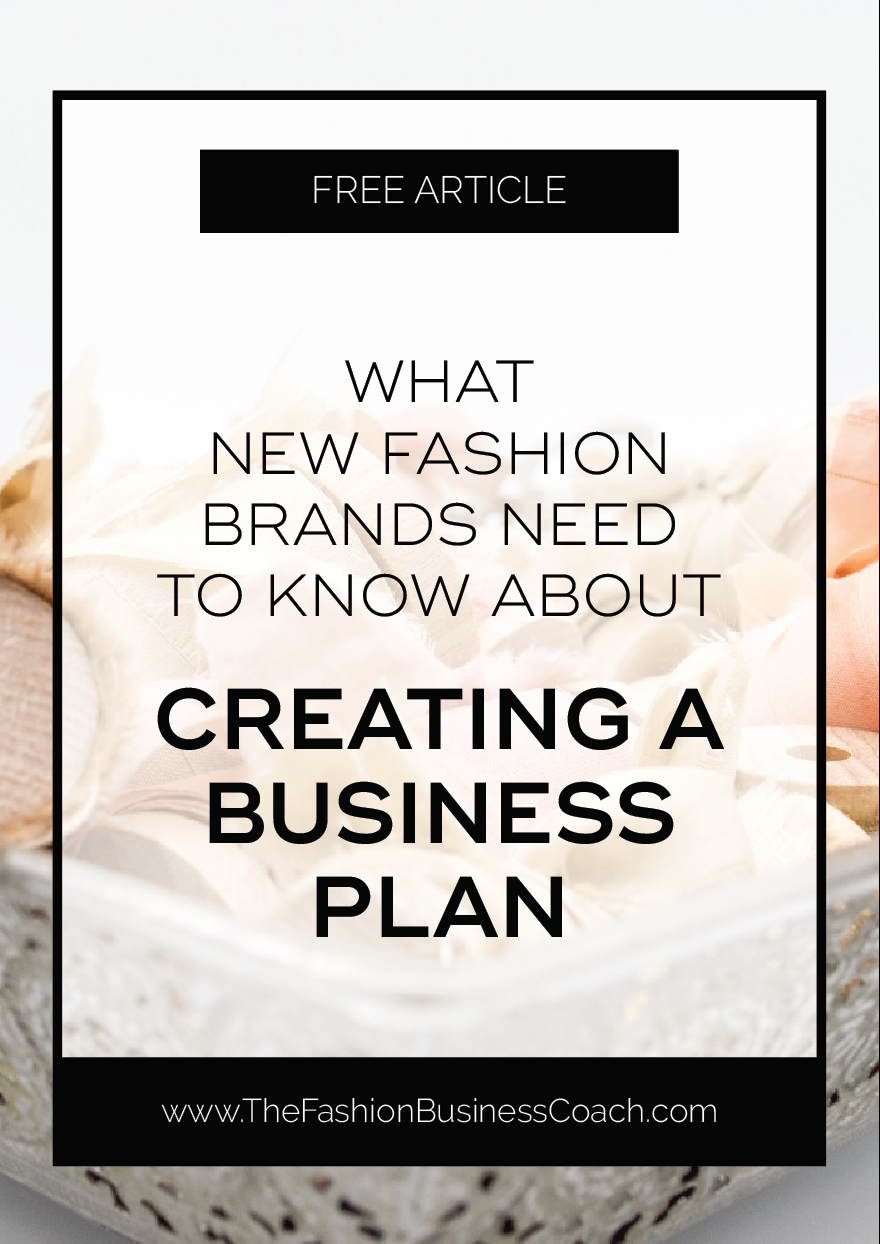
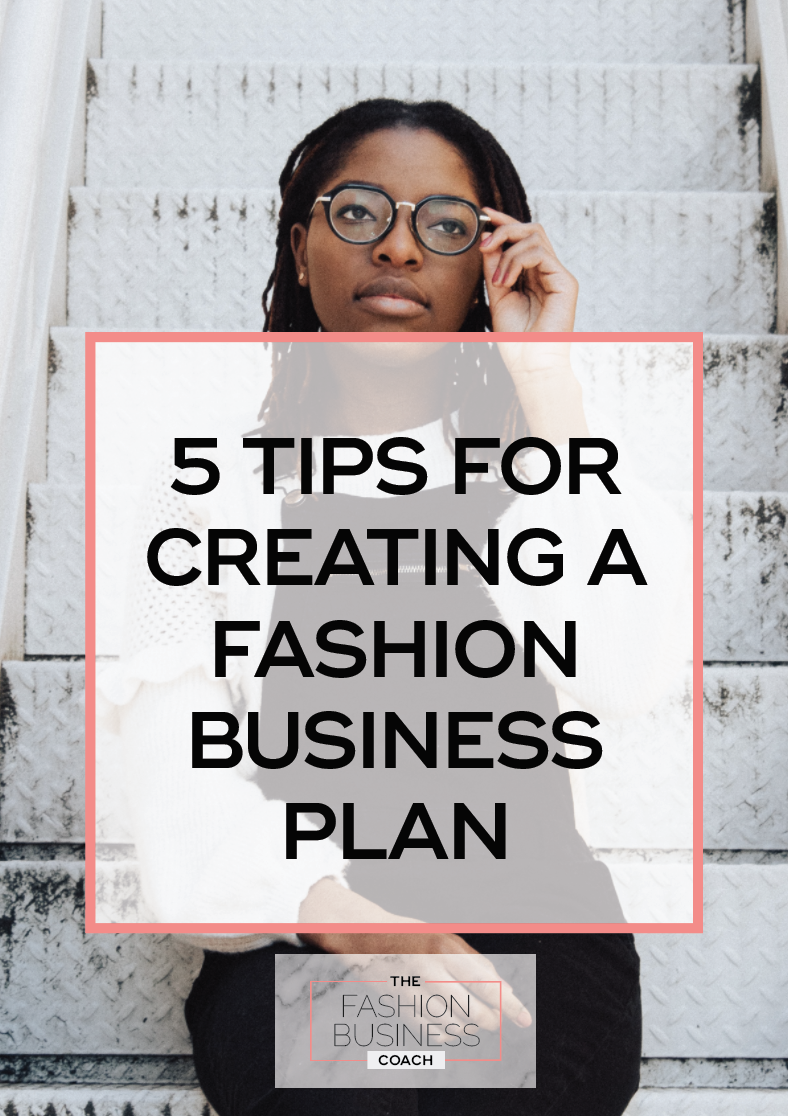

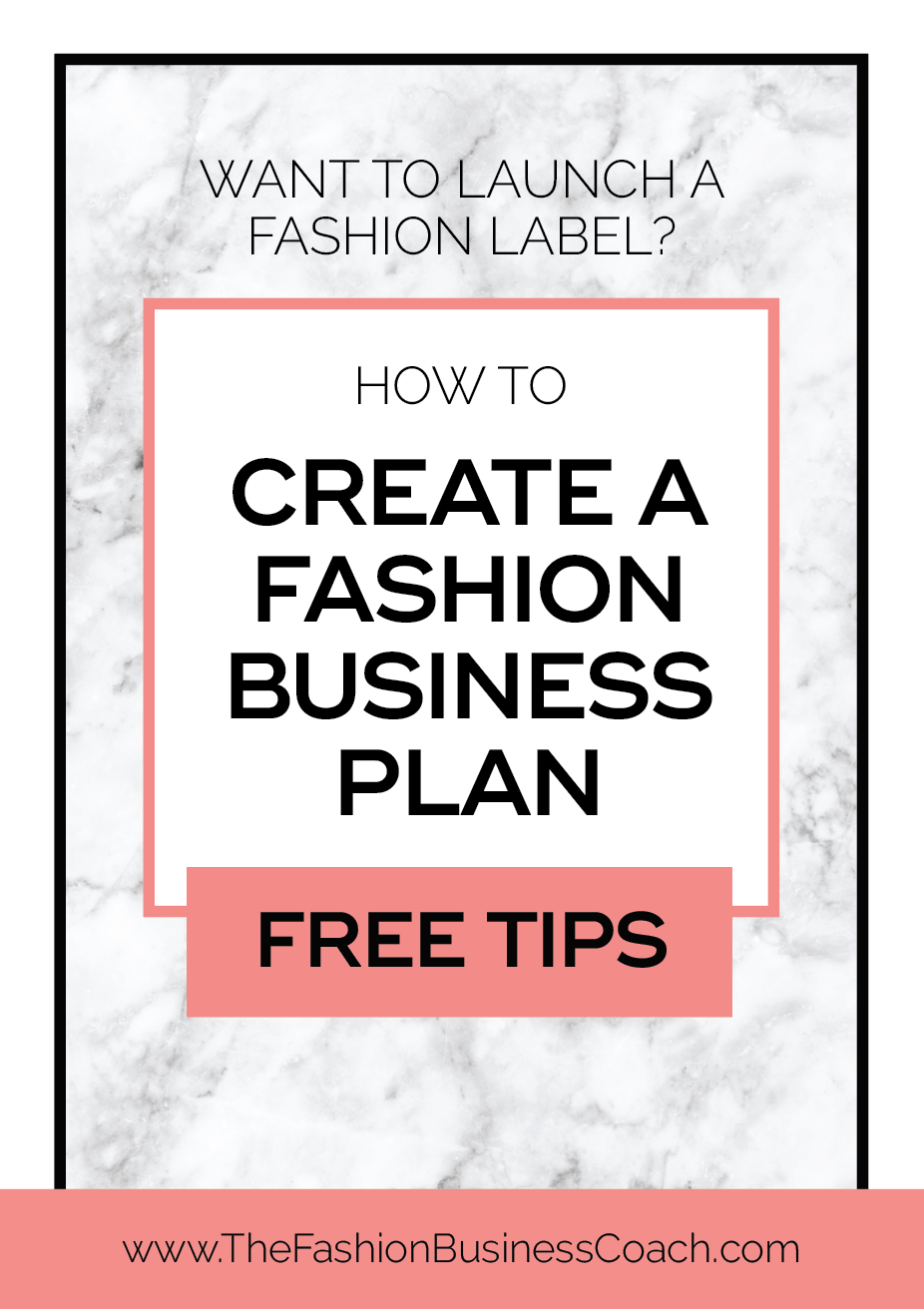

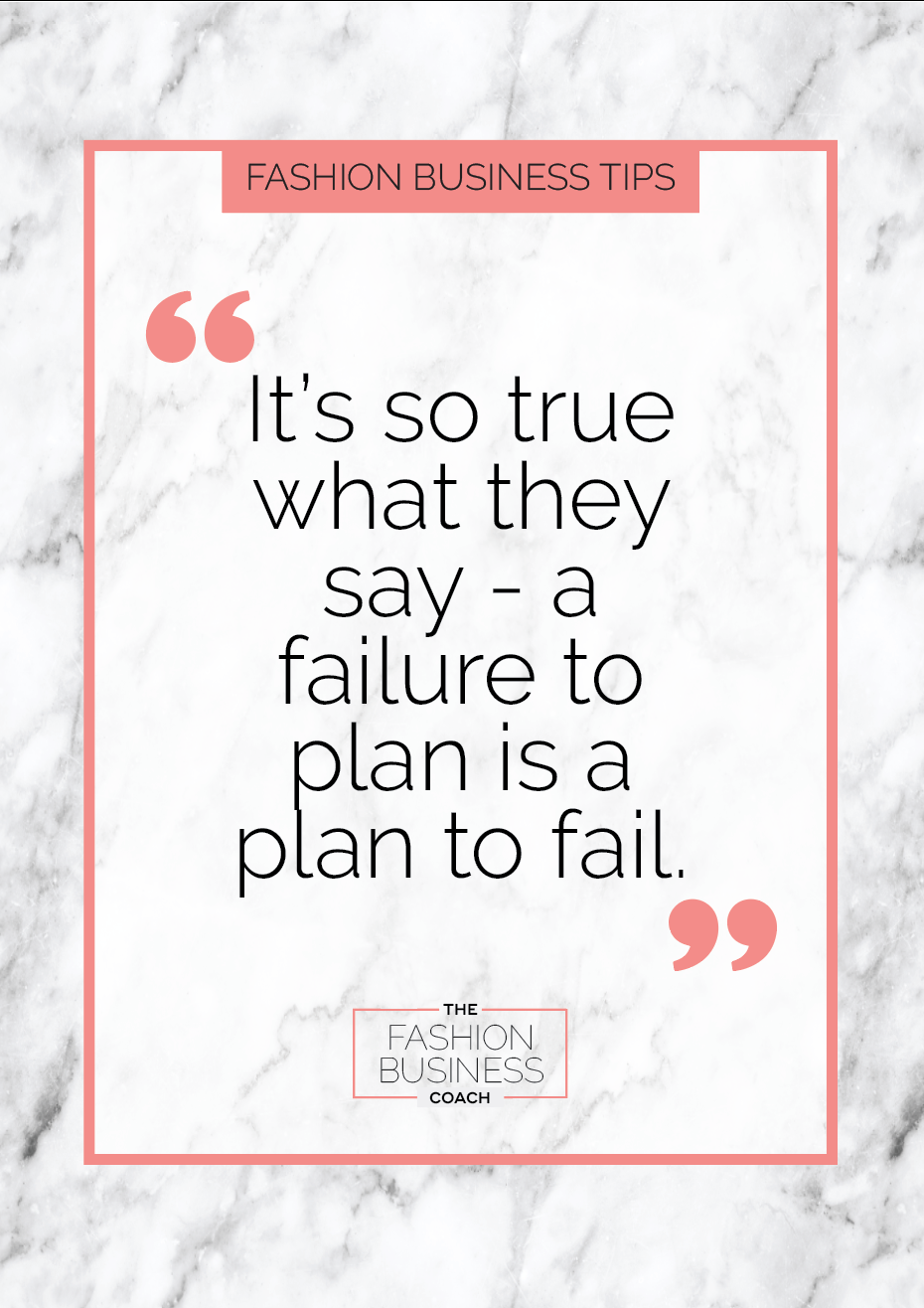
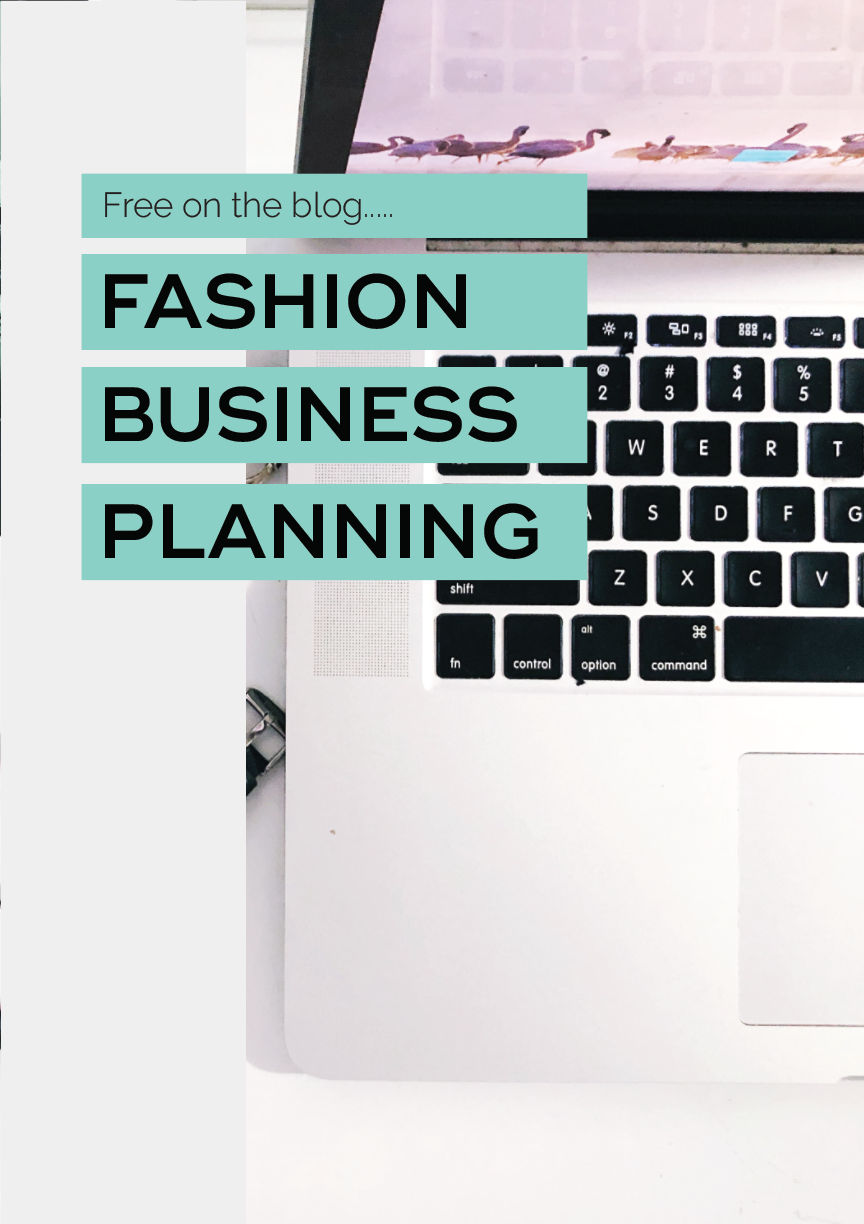
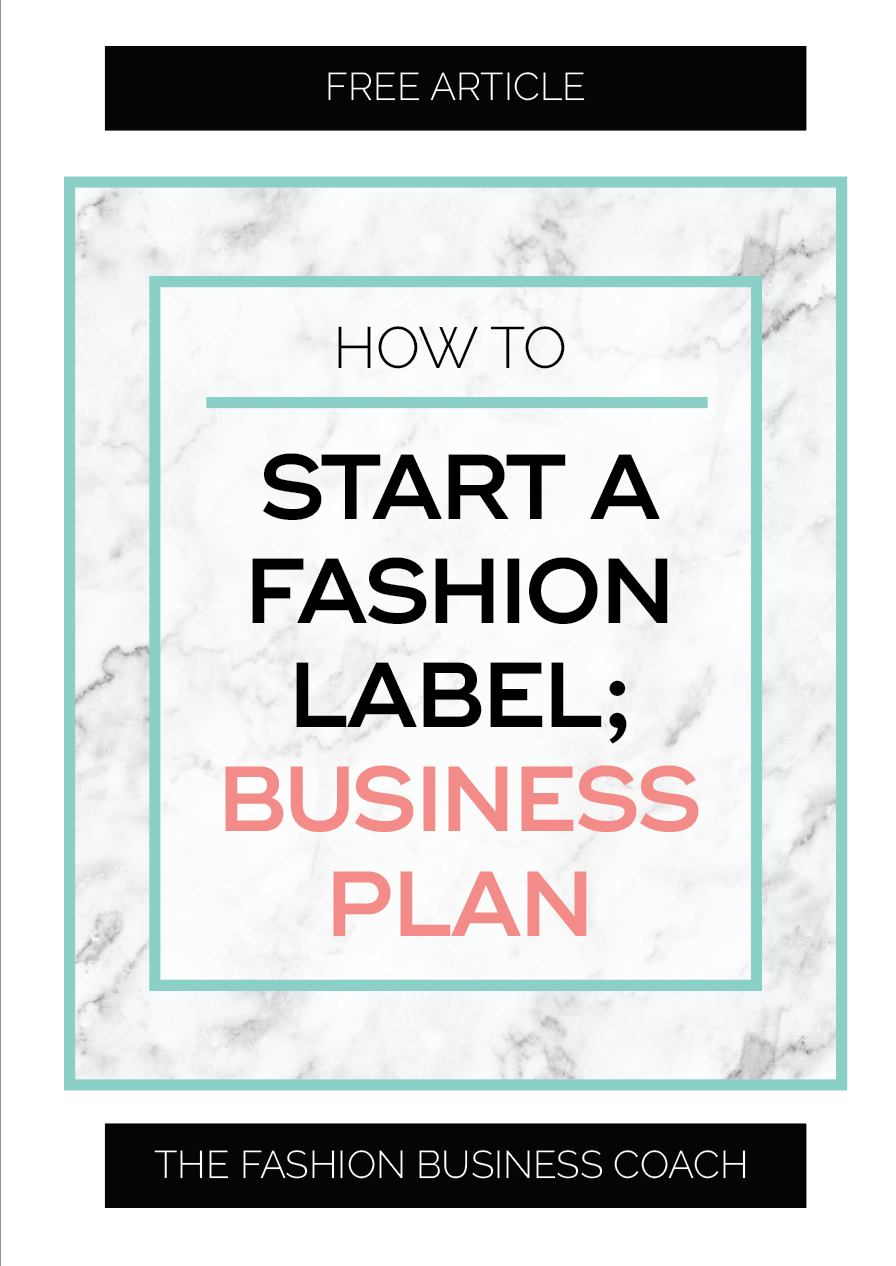
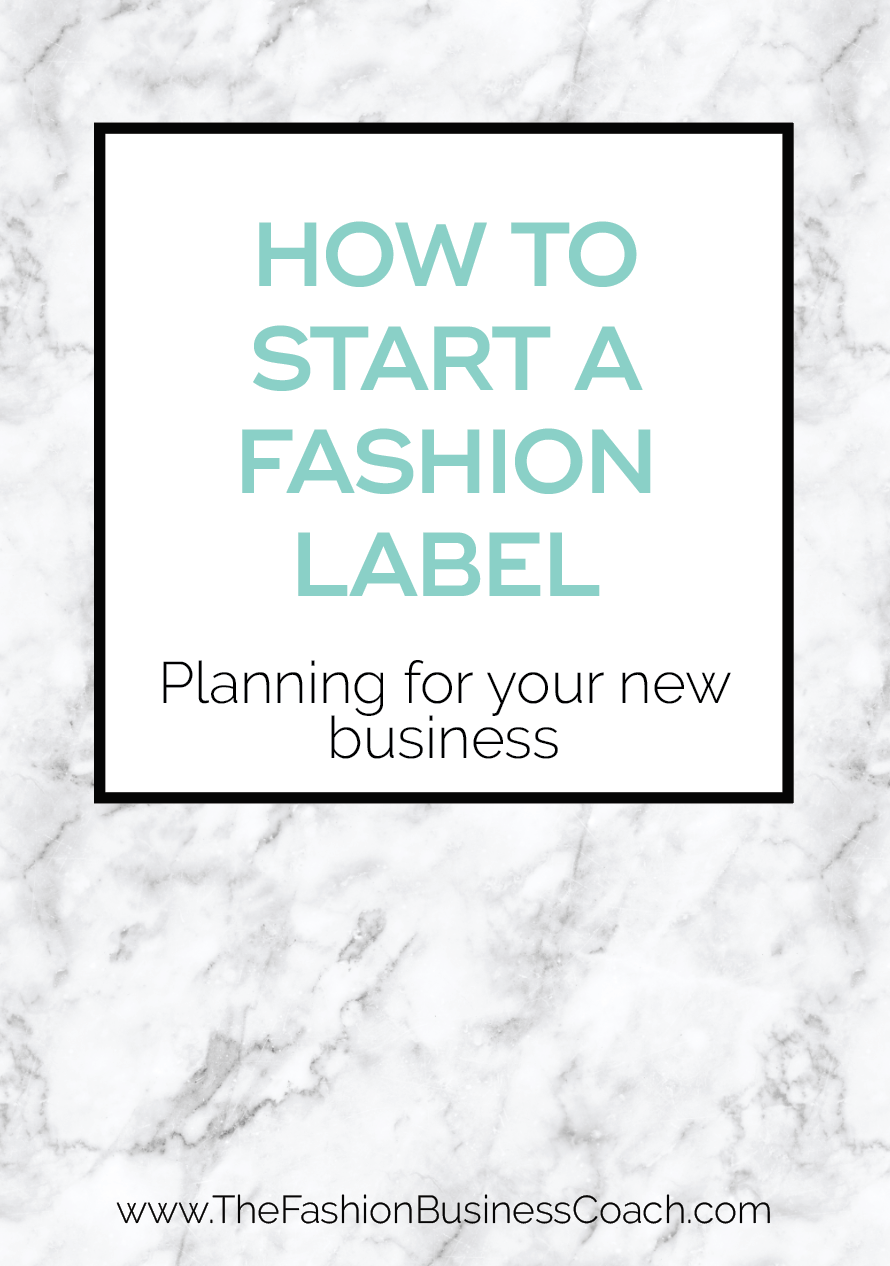











Pickleball outfit inspiration……